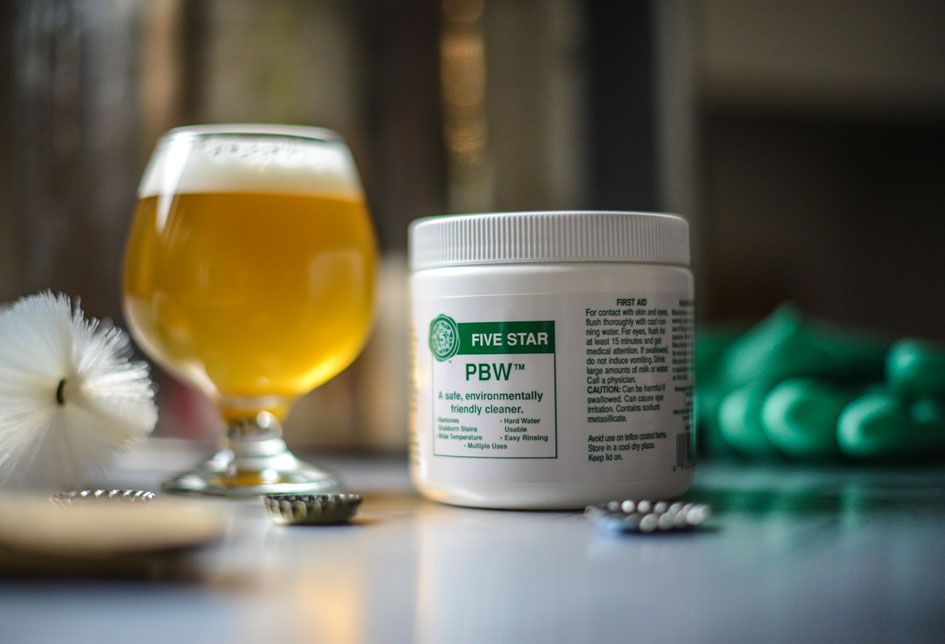Link to article

Test yourself on cleaning and sanitizing in this week’s Tuesday Beer Trivia.
Visibly soiled equipment can change the flavor of your beer, but what about the soil and bacteria you can’t see? Cleaning and sanitizing go hand in hand.
After you take the Beer Trivia quiz below, scroll down to “Beer Trivia Answer Explanations” section to learn more about keeping your equipment clean.
Was this article helpful?
YesNo


Share Post